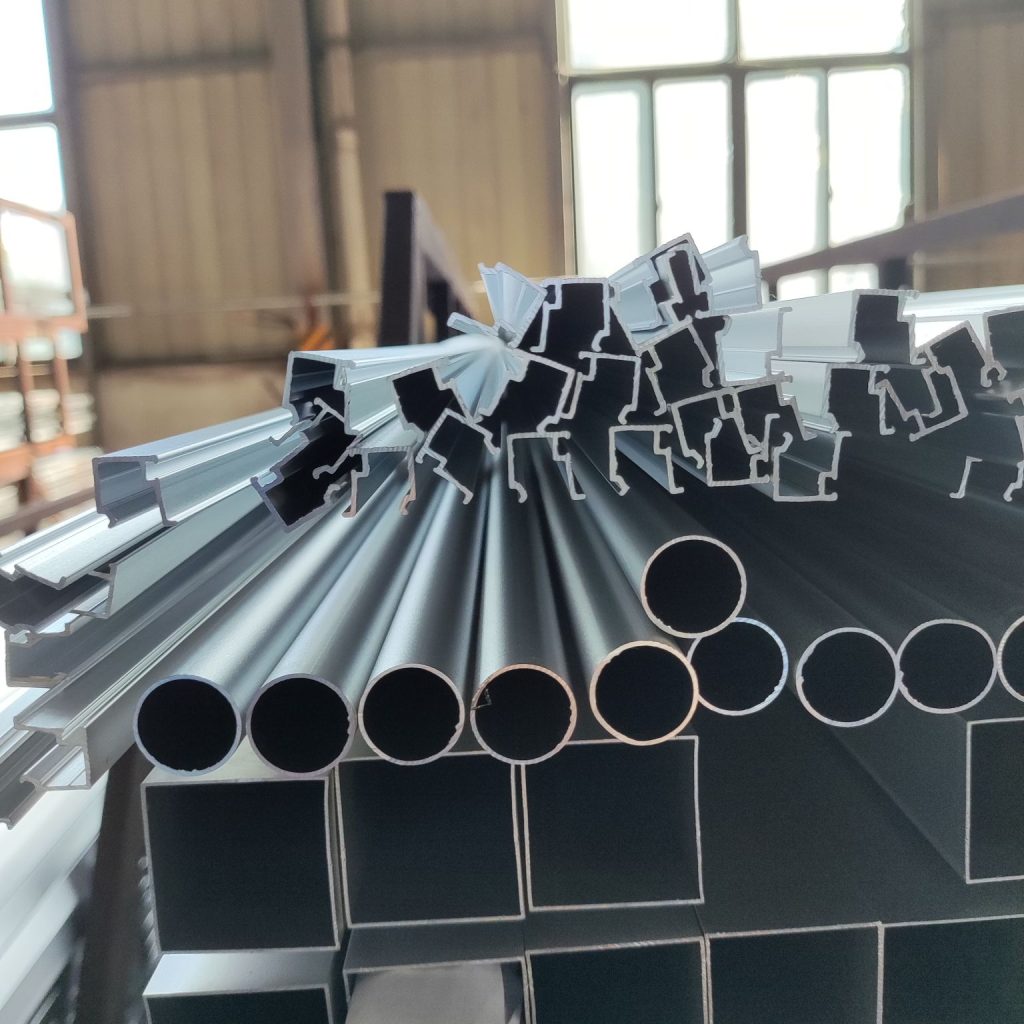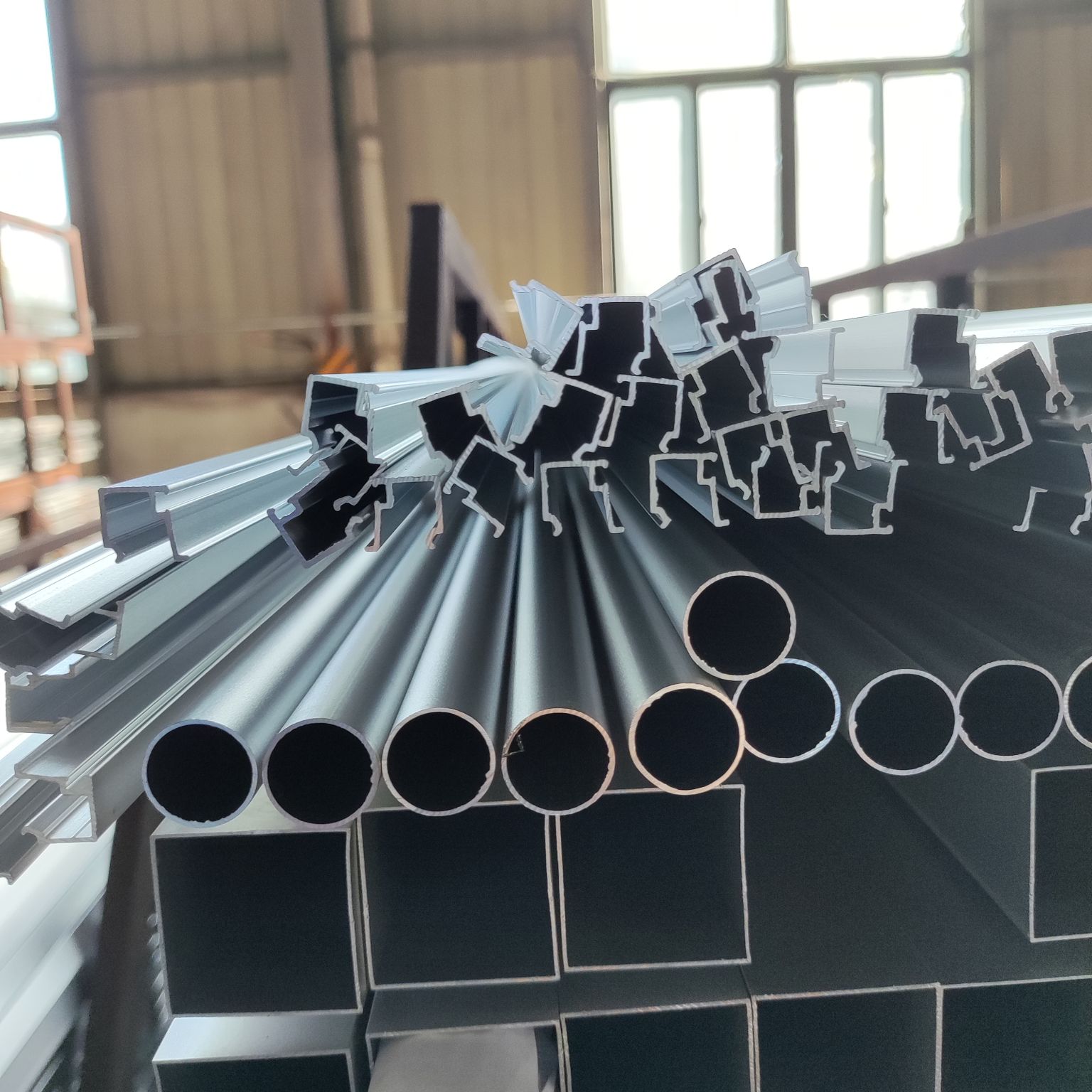Introduction
In an era where environmental sustainability is paramount, initiatives like the RecAL (Recycling technologies for circular ALuminium) project represent a beacon of hope. Launched in Vienna, this project, funded by HORIZON EUROPE, aims to spearhead innovative recycling technologies and establish a digital platform for a circular aluminium economy. With 19 partner organizations from nine European countries coming together under the coordination of LKR Leichtmetallkompetenzzentrum Ranshofen, a subsidiary of the AIT Austrian Institute of Technology, the RecAL project holds promise for transforming the aluminium industry.
The RecAL Hub: A Digital Solution for Circular Aluminium Economy
At the heart of the RecAL project lies the RecAL Hub, a digital cockpit designed to facilitate the circular economy of aluminium recyclates across Europe. This platform serves as a nexus, connecting suppliers, buyers, and technology solution providers. Its purpose is to streamline the process of aluminium recycling, making it more efficient and accessible while promoting sustainability throughout the supply chain. Among its many benefits, the RecAL Hub promises greater transparency, traceability, and collaboration within the aluminium recycling ecosystem.
Challenges in Aluminium Recycling
Despite the vast potential of aluminium recycling, challenges abound. Chief among these is the complex alloy composition of aluminium, making separation and recycling a daunting task. The current practice of mixing different end-of-life alloys often results in downcycling, diminishing the quality of the recycled material and reducing available feedstock. Addressing these challenges is crucial for unlocking the full potential of aluminium recycling and achieving a truly sustainable aluminium industry.
Europe’s Potential for Secondary Aluminium
Europe boasts a rich potential for secondary aluminium, with projections suggesting that it could account for nearly half of total aluminium production by 2050. However, realizing this potential requires the establishment of a central hub to coordinate and optimize recycling efforts. The RecAL project aims to fill this role, providing the infrastructure and resources necessary to harness Europe’s secondary aluminium resources effectively.
Conclusion
The RecAL project represents a significant step towards a more sustainable future for the aluminium industry. By leveraging innovative recycling technologies and establishing a digital platform for collaboration, the project aims to usher in a new era of sustainability and efficiency. With challenges like alloy composition and downcycling being addressed head-on, Europe is poised to become a global leader in aluminium recycling. As we look ahead, the RecAL project offers hope for a greener, more sustainable tomorrow.

